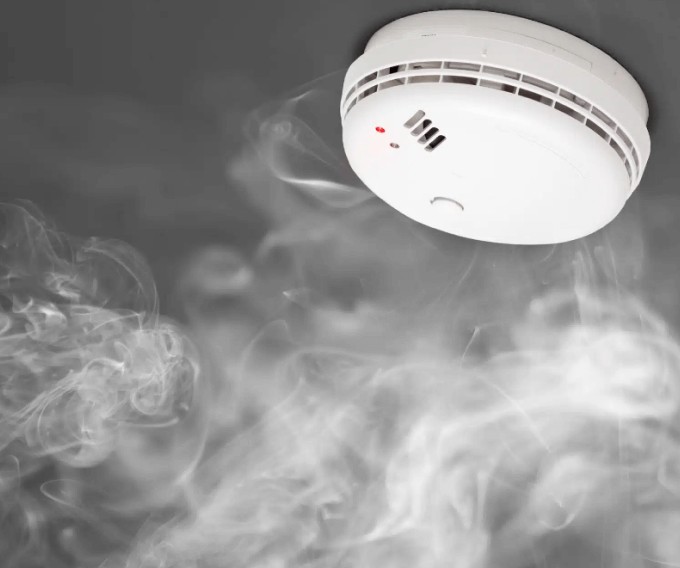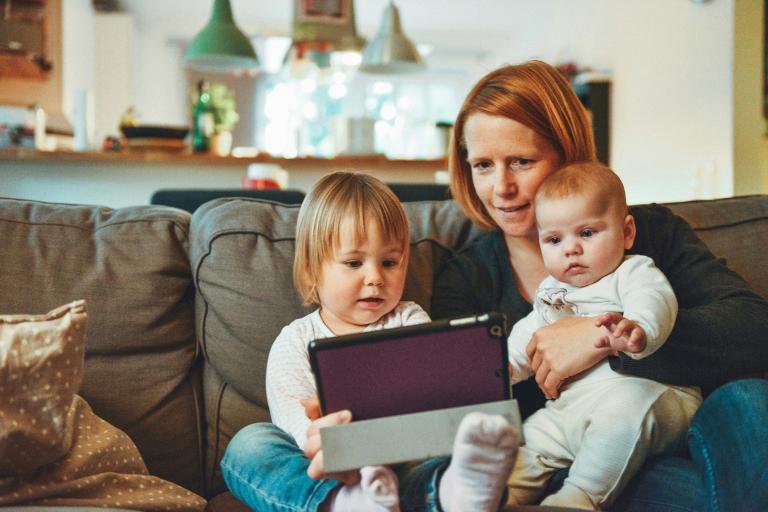Owner Occupier
All existing private homes, townhouses and units require interconnected photoelectric smoke alarms by 1 January 2027. All registered caravans and motorhomes must also be fitted with a photoelectric smoke alarm.
Find out:
- what to do if your alarm has expired
- where alarms are required to be installed
- if you can still use battery operated alarms
- how to prevent accidental alarms.
Landlord
Within 30 days before the start of a tenancy, the lessor/landlord must test and clean each smoke alarm in the home.
Some real estate agents may outsource smoke alarm maintenance to another company with associated fees paid by the landlord. The real estate may request a “certificate of compliance” from these companies as proof of service. This is not a legal requirement but may be part of the real estate agent’s internal process.
Property owners/Landlords will receive an infringement notice if they are proven to have not complied with the legislation.
Renter
As a renter or tenant, landlords are responsible for the installation of smoke alarms that comply with legislation.
During a tenancy, the renter must test and clean each smoke alarm in the home, at least once every 12 months.
To test a smoke alarm, press the ‘test’ button. Cleaning should be done according to the manufacturer’s instructions, which is usually vacuuming.
You do not need to be qualified or licensed to clean or test a domestic smoke alarm.
Learn more about maintaining smoke alarms in your rental property.
Contact us to make a complaint about non-compliant alarms in your rental.
Selling or Leasing
All homes or units being sold, will require photoelectric, interconnected smoke alarms.
The obligations on property sellers are triggered by the date the initial sale contract is signed.
When a contract of sale is signed after 31/12/2021, the seller is obligated to upgrade the dwelling to the updated interconnected domestic smoke alarm standard prior to the dwelling being transferred.
The property seller must declare on a “form 24” to the buyer as part of the transfer process that this obligation has been discharged. A “form 24” is a standard compliance statement that should be provided by conveyancer.
Hardwired interconnected smoke alarms installed by a licensed electrician require a Certificate of testing and compliance which is issued in accordance with s227 of the Electrical Safety Regulation 2013 for installations of hardwired smoke alarms.
Installing Smoke Alarms
Private homes, townhouses and units
Smoke alarms must be installed:
- on each storey
- in each bedroom
- in hallways that connect bedrooms and the rest of the dwelling
- if there is no hallway, between the bedroom and other parts of the storey; and
- if there are no bedrooms on a storey, at least one smoke alarm must be installed in the most likely path of travel to exit the dwelling.
Related blog.
Find the latest news, Resources and Customer Stories, from us and others.

